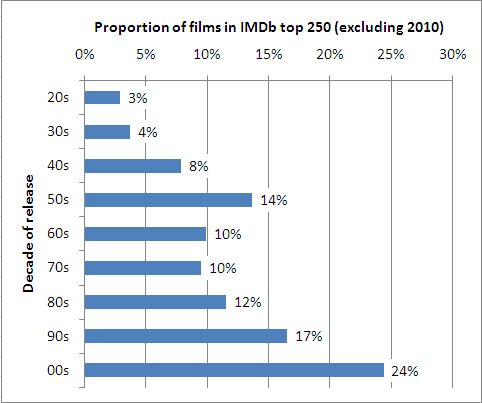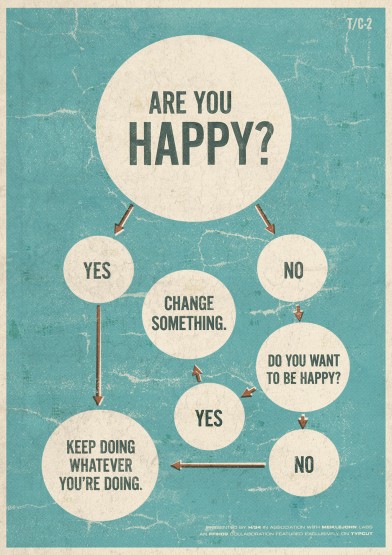Link
When speculating on the subject of extraterrestrial space-faring life, it’s all too easy to forget the many development factors that are likely to be local to us, and to assume that too much of what we have done will generalise to other life forms out there. This article puts forward a compelling argument that our rocket-based space-faring only arose because of certain very specific and not particularly likely events.
Quote
While I don’t think it could be objectively assessed, I rather like Arthur Koestler’s observation on originality:
The more original a discovery, the more obvious it seems afterwards.
Picture
This is one of the things that makes me think of that Arthur Koestler quote: lipstick animals.
Lots more here.
Question
“Why 3D doesn’t work and never will. Case closed.”
Roger Ebert quotes Walter Merch, as a Man Who Knows What He’s Talking About, who presents several arguments as to why 3D cinema can never work.
I’ve heard a lot of bad arguments on both sides of this debate, so it’s nice to see someone with a deep understanding of the medium draw out their arguments clearly. My question is, is he right?
Previous Puzzle
Last time I asked how a mouse could fall any distance and survive.
As Phil pointed out, the statement is strictly false: “a mouse certainly can’t fall further than the size of the universe, for example.” So instead we restrict ourselves to consider mice falling off things that are attached to the earth, and no higher than the point at which the atmosphere becomes too thin for a mouse to breathe, and that the survivability criterion is assessed upon landing, and that the landing area itself is not deadly to mice.
First we must address the idea some people recall from school that all objects fall at the same speed, as per Galileo’s thought experiment and his apocryphal dropping-objects-from-the-tower-of-Pisa experiment. This is clearly false as a feather falls more slowly than a hammer, and the confounding factor is air resistance. Rather excellently, the hammer-feather experiment was conducted on the moon to show that in the absence of significant air resistance, they will actually fall at the same speed:
When air resistance is introduced the shape and particularly the downward-facing area dimensions of the falling objects matter, and although it’s hard to have a good intuitive feel for this when comparing such random objects as animals, I find it’s much easier to imagine a kind-of equivalent parachute with a weight attached.
A small parachute with a big bag of hammers attached will be pulled down more quickly than the same parachute with a feather attached. Alternatively, if two parachutes have equal weights attached, but one parachute is much bigger than the other, it’s easy to imagine that the bigger parachute has greater air resistance and so will fall slower.
Now if we imagine a parachute the size of a mouse, with a weight attached that is the same weight as a mouse, we can imagine it will fall pretty slowly, particularly compared to a parachute the size of an elephant with a weight attached the same weight as an elephant. So we can intuitively understand that the mouse survives.
Or perhaps we can’t? I realise that wasn’t very scientific, but I tend to prefer thought experiments of this kind as they seem to help most people grok ideas better than formulae.
This article over at Everything2 also has some concise words to say on the subject of falling animals.





